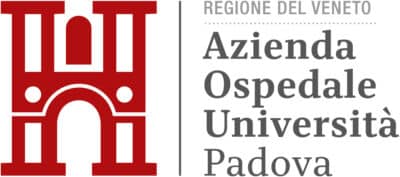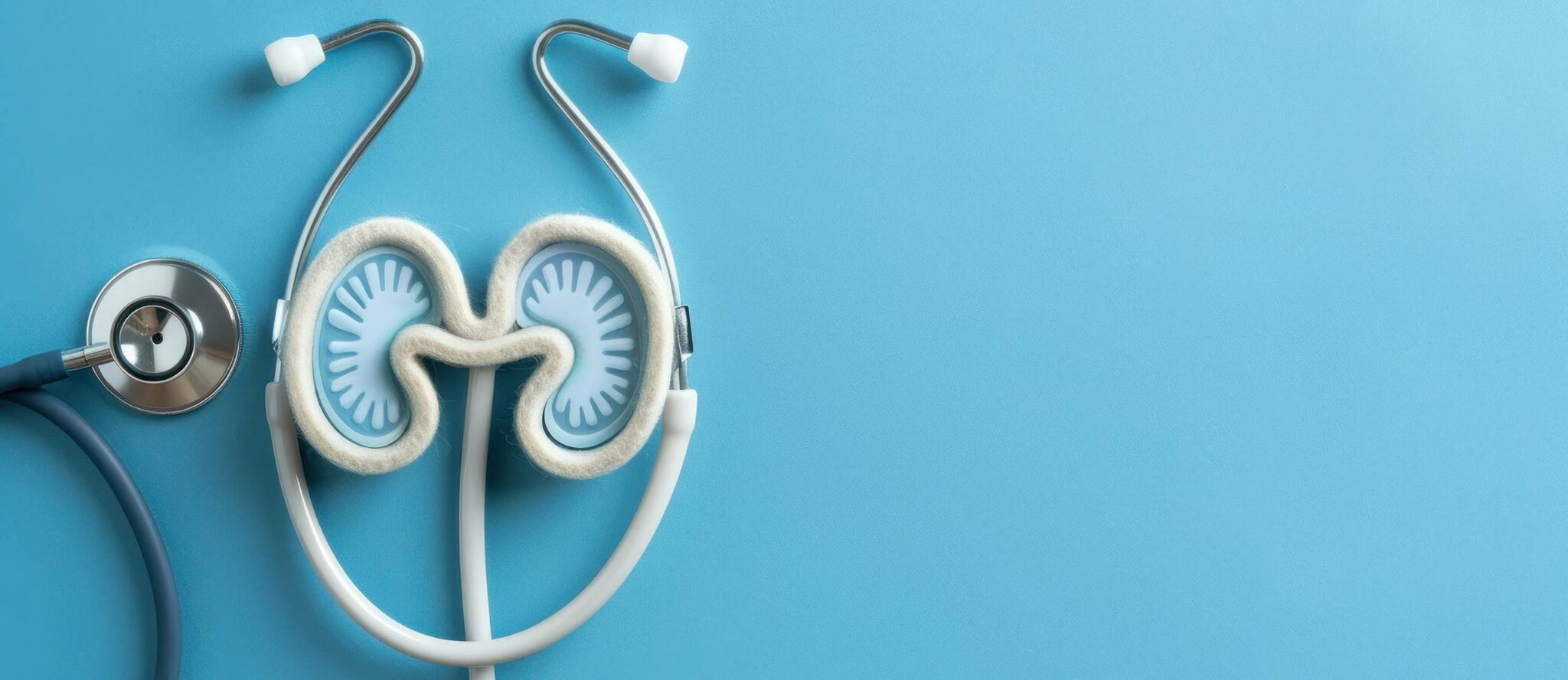

The Master in Urology Nurse Specialist (ISU) trains highly qualified nurses to meet the growing needs of the urology field. It offers a thorough education on the most common urological diseases and on the theoretical and practical fundamentals of the main urology procedures and interventions.
Nurses will acquire cutting-edge competences in how to manage urology patients in all the phases of treatment: pre-surgery, intra-surgery, and after-surgery, and in the management of urinary ostomies and in clinical rehab activities.
The goal is training professionals who can tackle the urology issues independently and with competence, by meeting the needs of a constantly evolving labour market.
The Master in Urology Nurse Specialist (ISU) covers the most common urology-related topics, starting with the anatomy and physiology of the urinary system, and ranging from urinary infections, neoplasia, and prostatic hypertrophy.
Focus is on the different treatment methods, from endoscopy to robot surgery, and on intra-surgery anaesthesiologic management and after-surgery pain control.
The course includes lessons, hands-on workshops, individual study and stage.
The course ends with a final exam, which includes the presentation of a dissertation followed by an oral discussion.
The Master in Urology Nurse Specialist (ISU) is addressed to nurses with a degree or diploma who wish to specialize in neurology, by acquiring advanced expertise in how to manage patients before, during and after surgeries, and in how to treat urinary ostomies and in clinical care. The course is addressed to professionals with a basic healthcare experience, who wish to learn more about urological techniques and procedures.
At the end of the Master Course, nurses will be able to manage urology patients independently, from pre-surgery preparation to after-surgery rehabilitation, by dealing with advanced surgical techniques, managing urinary ostomies and working in clinical contexts.
The Master addresses the growing needs of the labour market, by training specialists in different urology and rehabilitation departments. The competences acquired may be used in hospitals (urology wards and OR), urinary incontinence centres, and urology and rehabilitation clinics.
The Master in Urology Nurse Specialist (ISU) provides specific training on the following modules:
Module 1 – Fundamentals of clinical urology
Anatomy and physiology of the male and female urinary system.
Diagnosis in urology patients.
Module 2 – COMMON UROLOGY PATHOLOGIES IN MALES
Diagnosis and treatment of urethral obstruction, scrotum diseases, infertility and sexual dysfunctions.
Module 3 – COMMON UROLOGY PATHOLOGIES IN FEMALES
Diagnosis and treatment of recurrent urinary infections.
Approach to pelvic organ prolapse and urinary incontinence.
Module 4 – UPPER URINARY TRACT PATHOLOGIES
Renal-urethral calculosis and high urinary tract cancer: diagnosis and treatment.
Module 5 – UROLOGICAL ONCOLOGY
Diagnosis, treatment and prognosis of the main neoplastic diseases.
Module 6 – UROLOGICAL SURGERY
Surgical indications and type of open, laparoscopic and robotic surgery.
Module 7 – ANAESTHESIOLOGICAL MANAGEMENT OF UROLOGY PATIENTS
Intra- and post-surgery aspects in urology surgeries, fast tracks and after-surgery pain management.
Module 8 – MANAGEMENT OF PAEDIATRIC UROLOGY PATIENTS
Diagnosis and treatment of the main paediatric pathologies.
Module 9 – UROLOGY DIAGNOSTIC TECHNIQUES AND PROCEDURES: THE ROLE OF NURSES
Preparation and nursing assistance in invasive diagnostic procedures.
Module 10 – FUNDAMENTALS OF CLINICAL UROLOGY AND ETHICAL, LEGAL AND DEONTOLOGICAL ASPECTS IN UROLOGY NURSING
The role of nurses in urology: competences and responsibilities.
Module 11 – THE URODYNAMIC CLINIC
Technical examination aspects and instructions for intermittent catheterization.
Module 12 – URINARY INCONTINENCE AND REHABILITATION TECHNIQUES
Incontinence and incontinence aids management.
Module 13 – NURSING MANAGEMENT OF OUTPATIENTS
Care of urology patients, from first visits to invasive procedures.
Module 14 – URINARY OSTOMIES: NURSING MANAGEMENT AND CARE
Care of urostomy patients in pre- and post-surgery phases.
Module 15 – PSYCHOLOGICAL APPROACH TO UROLOGY PATIENTS
Support and management of the quality of life in cancer and urinary stoma patients.
Module 16 – NURSES IN UROLOGICAL SURGERY
Patient care in pre- and post-surgery phases.
Module 17 – UROLOGY OR NURSES
The role of nurses in urology surgery, from endoscopy to major surgery.
Module 18 – DIETETICS IN THE URINARY SECTOR
Nutritional aspects concerning urology patients, ERAS protocol and urostomy patient management.
Module 19 – NURSING CARE OF PAEDIATRIC UROLOGY PATIENTS
Care of the child and their family in a urology setting. Psychological and communication aspects.
Module 20 – RESEARCH METHODOLOGY
Bibliography update, clinical study design and data collection methods.
The Master’s program includes 25 lectures, with 8 hours each (and agreed attendance), followed by care and/or observation activities in the Urology ward, OR, and clinics.
The course includes also an internship divided as follows:
- 2 weeks of internship in the Urology ward
- 1 week of internship in the OR
- 2 weeks of internship at the clinics (emergencies, prostate biopsies, ostomies, etc.)
The general ranking of merit for the academic year 2025/26 will be published on the Italian page of this Master according to the timing provided in the Call.
Information
FAQ
With regard to the theoretical section, a 70% attendance is required, while the internship must be completed 100%.
Yes. The internship may be completed as agreed by the attendees with the internship tutors, based on their mutual availability.
Lessons will be held in-person only. Should any contingency require the suspension of the activities, this learning method would be resorted to, to allow educational continuity.
No. The internship may only be completed at the clinics and wards of partner hospitals/institutions.
The Master includes a final written exam and presentation of a dissertation.

